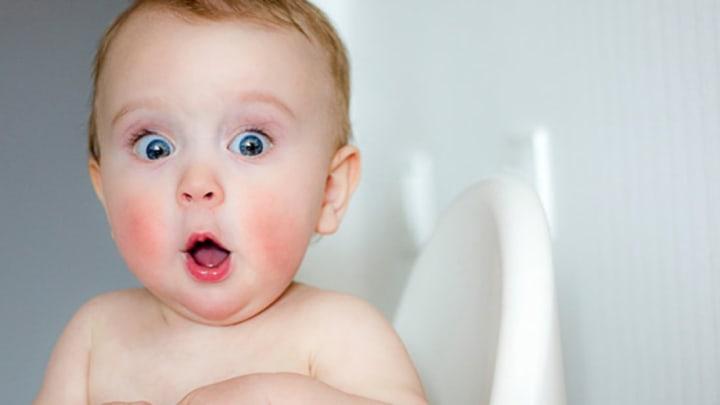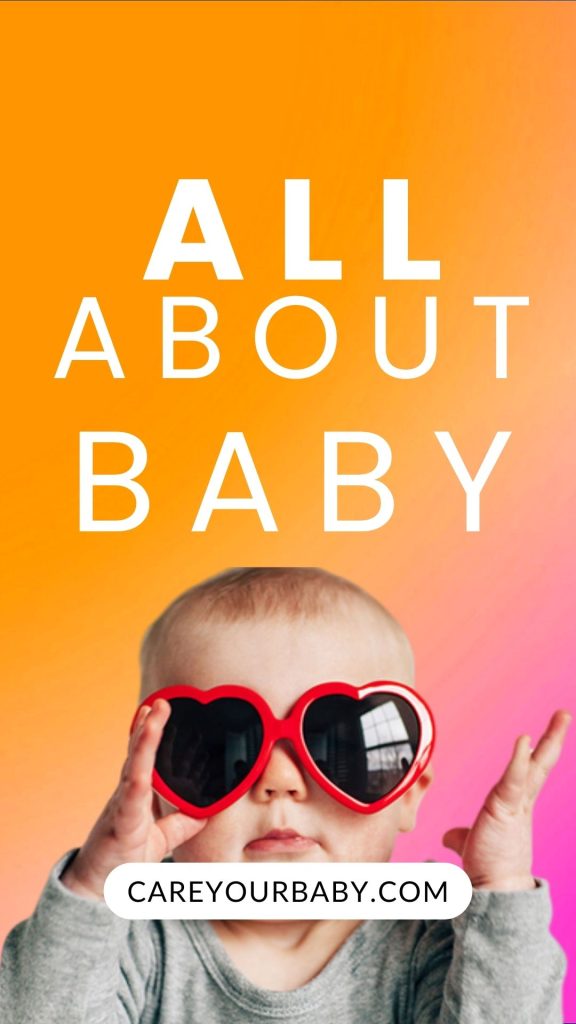From the moment they enter the world, babies embark on a remarkable journey of communication, engaging with their surroundings in ways that are both instinctual and profound. One of the earliest signs of this burgeoning ability is the delightful cooing that resonates from their tiny lips. But when exactly do these charming sounds begin, and what do they signify in the grand tapestry of early development? In this article, we will explore the phenomenon of cooing, delving into the timeline of this enchanting milestone in infant communication, its significance for social bonding, and its role in the broader context of language acquisition. Join us as we uncover the nuances of those soft, melodic utterances that pave the way for meaningful interactions between babies and their caregivers.
Understanding the Cooing Phase in Infants
The cooing phase typically begins around 6 to 8 weeks of age and marks a critical point in an infant’s early communication journey. During this exciting stage, babies demonstrate their emerging social skills through a range of soft, vowel-like sounds such as “oo,” “ah,” and “ee.” These sounds signify not only the development of vocal cords but also the infant’s response to their environment and interactions with caregivers. The simple pleasure of cooing highlights a growing awareness of their surroundings, making this phase a delightful experience for both parents and infants.
As caregivers engage with cooing babies, a back-and-forth exchange often begins, forming the foundation for more complex communication milestones to follow. Here are some key characteristics of this phase:
- Social Interaction: Babies may coo in response to others, indicating early turn-taking in conversations.
- Vocal Variety: Sounds may differ in pitch and tone, revealing the baby’s unique personality.
- Engagement Signs: Cooing often leads to eye contact and smiles as infants seek attention and connection.
The Developmental Timeline of Baby Sounds
Understanding the journey of baby sounds can illuminate the fascinating ways in which infants communicate and engage with the world around them. Typically, parents may expect their little ones to begin cooing around the age of 6 to 8 weeks. This vocalization often includes soft, vowel-like sounds where the baby experiments with pitch and volume. As they grow, you’ll notice that these coos evolve, reflecting their mood and responses to stimuli. Key milestones in verbal development during this period include:
- 2 months: Cooing begins with varied pitches.
- 4 months: Babbling emerges, incorporating consonant sounds.
- 6 months: Infants produce a range of sounds, repeating syllables like ”ba” and “da.”
As communication progresses, parents can observe a shift in both frequency and complexity of sounds. By the time babies reach around 9 months, you’ll often hear them engaging in repetitive babbling that mimics the rhythm of conversation, a precursor to actual words. This period also includes nuanced vocalizations that express feelings such as excitement or frustration. An overview of the developmental stages of baby sounds might look something like this:
| Age | Sound Milestones |
|---|---|
| 0-2 months | Reflexive crying, cooing begins |
| 3-4 months | Experimenting with pitch and volume |
| 5-6 months | Repetitive babbling starts |
| 7-9 months | Varied sounds and syllable repetition |
Encouraging Communication Through Interaction
As your little one embarks on their journey of communication, it’s essential to foster an environment that encourages early verbal interactions. Cooing, which typically begins around 6 to 8 weeks, is a crucial stepping stone in your baby’s ability to express themselves. When you respond to their delightful coos with smiles or gentle sounds, you create a captivating loop of interaction that inspires them to continue exploring their vocal abilities. The engagement works both ways; your baby learns that their sounds elicit reactions, making them more likely to experiment with pitch and volume.
To further enhance this communication experience, consider incorporating various activities that stimulate your baby’s senses. Here are some practical ideas:
- Face-to-Face Time: Get close and maintain eye contact to help your baby recognize non-verbal cues.
- Sing Together: Use gentle melodies during playtime to encourage them to mimic sounds.
- Talk to Them: Narrate your activities throughout the day to expose them to rich language.
- Use Toys: Select toys that make sounds, prompting your baby to respond with coos and giggles.
| Age Range | Cooing Development |
|---|---|
| 0 – 2 Months | Beginning of cooing; soft noises and vowel sounds. |
| 2 – 4 Months | More intentional sounds; experimenting with pitch. |
| 4 – 6 Months | Combination of sounds; introduction of consonant sounds. |
By actively engaging in this delightful phase of sound exploration, you nurture not only your baby’s cooing skills but also their emotional and social development. Remember, every sound they make is a milestone worth celebrating, paving the way for future communication and strong bonding between you and your little one.
Recognizing the Importance of Cooing in Early Development
Cooing is a pivotal stage in a baby’s journey of communication, often emerging around six to eight weeks of age. This delightful behavior marks the transition from instinctual gestures to more intentional vocalizations, allowing infants to express their feelings and connect with their caregivers. It’s through cooing that babies begin experimenting with their vocal cords, producing a range of soft, gentle sounds that can include fluttering “oohs” and melodious “ahhs.” These sounds serve as the foundation for future speech, highlighting the importance of a nurturing environment where caregivers respond to these early vocalizations, promoting further exploration of sound.
As cooing evolves, it becomes a form of social interaction that strengthens the bond between the baby and their adult companions. When caregivers respond to cooing with smiles, eye contact, and verbal acknowledgments, it reinforces the baby’s efforts, fostering confidence and enjoyment in this emerging form of communication. Key elements in recognizing the significance of cooing include:
- Emotional Connection: Cooing establishes early emotional bonds, allowing caregivers to decipher the nuances of their baby’s moods and needs.
- Language Development: These initial sounds are not just random; they are stepping stones toward developing more complex speech patterns in the future.
- Social Skills: Engaging with a baby during the cooing phase aids in their social development, teaching them the give-and-take of conversation.
Q&A
Q&A: When Do Babies Start to Coo? Early Communication Milestones
Q: What is cooing, and why is it important for babies?
A: Cooing is the soft, vowel-like sounds that babies make, typically starting around six to eight weeks of age. This early form of vocalization signifies that the baby is developing their ability to communicate and is crucial for social interaction, as it lays the groundwork for future speech development.
Q: Is there a specific age when all babies begin to coo?
A: While most babies start cooing between six to eight weeks, there can be variability based on individual development. Some may begin as early as five weeks, while others may take a bit longer. Every baby is unique, and this range reflects their individual growth patterns.
Q: What sounds should I expect to hear when my baby starts cooing?
A: Cooing typically includes extended vowel sounds like “oo” and “aa.” You may hear a variety of delightful combinations, such as “oo-oo” or “ahh.” These sounds are softer and often accompanied by smiles or other facial expressions, adding to their charm.
Q: How can parents encourage cooing in their babies?
A: Engaging with your baby is key! Try talking to them in a soothing voice, making eye contact, and smiling. Responding to their cooing with your own sounds or playful noises can foster an interactive atmosphere, encouraging them to vocalize more.
Q: What milestones follow cooing in a baby’s communication development?
A: After cooing, babies typically progress to babbling, which usually starts around four to six months. This phase introduces consonant sounds, leading to delightful sequences like “ba-ba” or “da-da.” Each vocalization serves as a stepping stone toward more complex speech.
Q: Should I be worried if my baby isn’t cooing by eight weeks?
A: Each baby develops at their own pace, and there’s a broad range of what is considered “normal.” If you’re concerned about your baby’s communication progress, it’s always a good idea to consult with a pediatrician. They can provide guidance and support tailored to your child’s needs.
Q: Are there cultural differences in baby vocalization?
A: Yes, cultural variations can affect how parents interact with babies, which in turn influences vocalization. Some cultures may prioritize face-to-face interaction more than others, impacting when and how babies begin to coo. However, the basic developmental milestones tend to remain consistent across cultures.
Q: What role do caregivers play in the cooing process?
A: Caregivers are essential in nurturing the cooing process. Responding to coos enthusiastically, maintaining engaging conversations, and providing a stimulating environment all help reinforce a baby’s efforts to communicate. This supportive connection fosters their confidence in vocalizing.
Q: Can cooing indicate a baby’s emotional state?
A: Absolutely! Cooing can reflect a range of emotions. For example, the tone and frequency of a baby’s coos can indicate contentment, excitement, or even frustration. Paying attention to these nuances helps caregivers tune into their baby’s needs and emotional well-being.
Q: What should I do if I notice unusual vocal patterns in my baby?
A: If you observe vocal patterns that seem atypical—such as reduced vocalization or difficulty transitioning from cooing to babbling—consider discussing your concerns with a healthcare professional. They can assess your baby’s development and recommend any necessary interventions or resources.
Key Takeaways
As we’ve journeyed through the delightful world of early infant communication, we’ve uncovered the magic behind those enchanting coos that mark the beginning of a baby’s social connection with the world around them. Understanding that these vocalizations are more than mere sounds—they signify not only developmental milestones but also a baby’s burgeoning personality—can deepen the bond between parent and child.
Reflecting on these early communication milestones is a reminder of the wonder that resides in each small sound and each fleeting moment of interaction. As your little one embarks on this remarkable journey of self-expression, embracing each coo and gurgle is essential, as these are the very foundations of language and connection.
So, as you listen closely to your baby’s first attempts at communication, cherish these precious moments. They are the building blocks of future conversations and memories yet to come. After all, every coo carries within it a promise of your child’s unfolding personality and the stories they will one day share.


